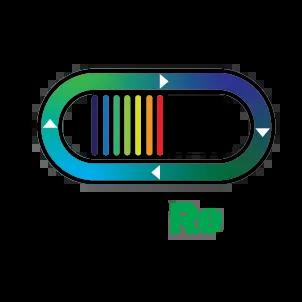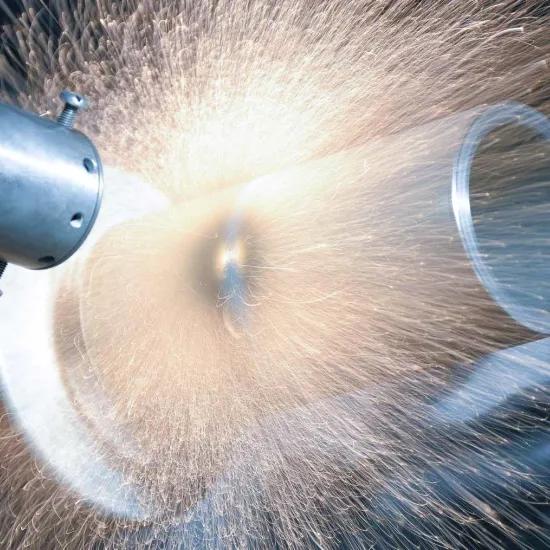Action research to progress with ReX value retention
How can we put into practice ReX strategies such as reuse, repair, refurbishment, reconditioning or remanufacturing in the context of a complex product - like a residential heat pump - and a ‘distributed’ ecosystem of installation, maintenance and service through dealers? This is the challenge that a consortium around Daikin takes up in the HEATReX project.
Heat pumps, part of the energy transition but at a material cost
Heat pumps and other green heat solutions are a crucial element in the energy transition. The Flemish Energy and Climate Plan (Vlaams Energie- en Klimaatplan, VEKP) aims for a fivefold increase in residential heat pump installations by 2030. The replacement of 231.000 gas and oil boilers with residential heat pumps in the period 2023-2030 would lead to an expected reduction of the carbon footprint with 277.000 tonnes CO2eq per year in Flanders by 2030. This is an important contribution to meet climate targets.
No matter how desirable they are for the energy transition, solutions like heat pumps (but also electric cars, batteries, wind turbines, photovoltaic panels) come with a non-negligible environmental footprint related to their materials use, embodied energy and emissions during the manufacturing phase. Moreover, some critical raw materials for heat pumps (such as copper, aluminium, nickel and magnesium) are becoming more expensive and scarce. Also, supply chains are increasingly vulnerable to disruptive events. All these elements underpin the need to reduce the overall material intensity of heat pumps, for example expressed as material usage per kilowatt of produced heat.
Enter the potential of circular approaches
Because of their high potential to retain value and functionality and correspondingly reduce environmental footprint, the focus of the HEATReX project is on implementing ReX strategies (reuse, repair, refurbish, recondition, remanufacture), to extend the lifespan of heat pumps and their components, reduce waste, and lower costs. Currently, these lifetime extending strategies are hardly applied for residential heat pumps and their components. Challenges include the current preference for full pump replacement over repair, difficulties in returning, assessing and reconditioning components, and the lack of a balanced business model and marketplace in existing value chains.
The HEATReX project partners will explore and try out ReX scenarios (encompassing circular strategies, business model, circular collaboration schemes), experiment with operational concepts and enabling (digital) technologies, and they will provide feedback on design of heat pumps (to OEMs), their components (to suppliers) and ecosystem configuration (to all stakeholders). Strategic decisions about which components to reuse and how to restructure the value chain are necessary, with the dealer network playing a key role in these efforts.
What you can learn from this project
The approach to introduce ReX strategies can be applied to other sectors facing similar challenges, such as construction technology, mechatronics and machines, building technology, automotive, and e-mobility. Therefore, knowledge partners Flanders Make and Sirris will share learnings and insights about the generic methodology, tools, tips and tricks.
For example, while setting and starting up the HEATReX project, Daikin learned that exploration and dialogue within the own company and with ecosystem partners and stakeholders, made them aware of existing initiatives related to ReX. Experience and knowledge is often already present, but under the radar and unconnected. The first actions of sharing experience and knowledge within and between organisations were motivating and accelerated progress. It resulted in a better understanding of the current and future value chains (including the flow of goods, services, value and information). It also led to a qualitative indication of the most promising components and ReX strategies to focus on.
Interested in exploring ReX in your context?
Stay tuned to learn about our further progress!
The HEATReX project is a Living Lab Circular Economy funded by Vlaio.






